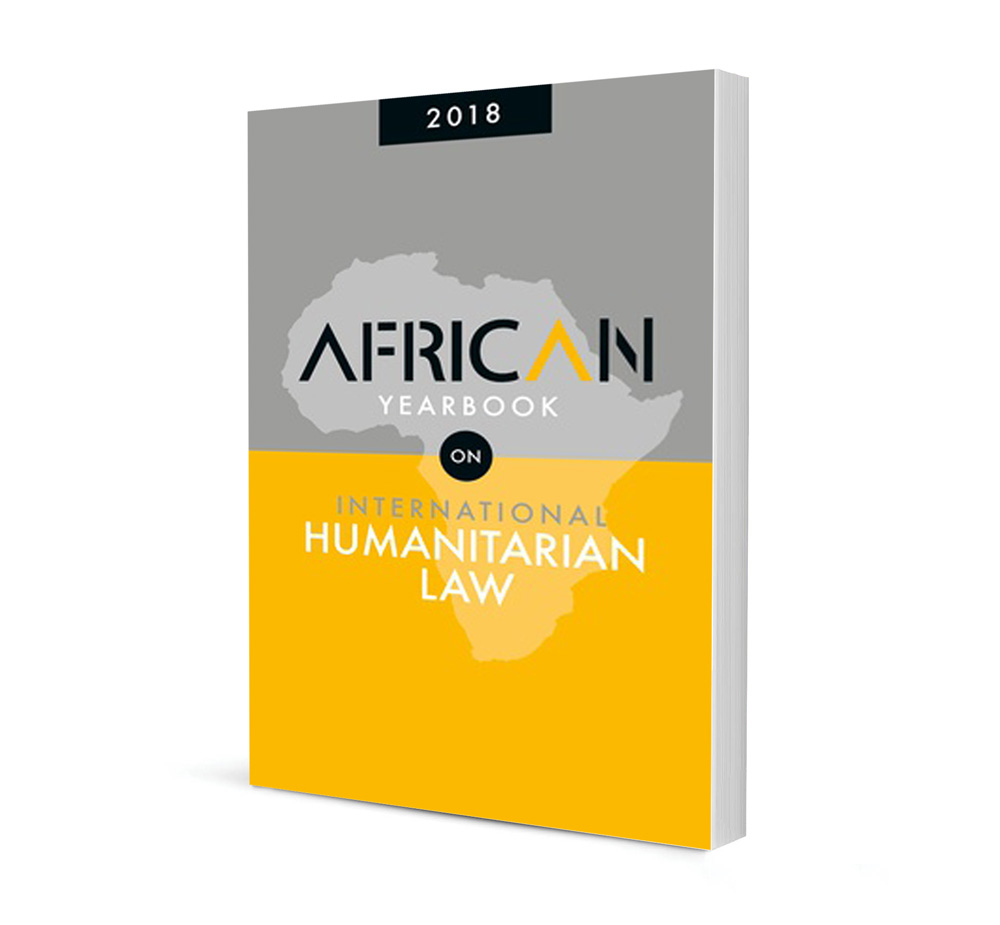Voluntary Human Shields in International Humanitarian Law: A Proposal for Suitable Future Regulation

Voluntary Human Shields in International Humanitarian Law: A Proposal for Suitable Future Regulation
Authors Marco Nel, Shannon Bosch
ISSN: 2521-2621
Affiliations: None; Attorney of the High Court of South Africa, Associate Professor in Law University of KwaZulu-Natal
Source: African Yearbook on International Humanitarian Law, 2016, p. 46 – 64
Abstract
The growing prevalence of voluntary human shields in recent asymmetric armed conflicts has exposed a significant lacuna in the existing international humanitarian law regime, which requires urgent regulation. In this article, we explore some of the challenges that any attempt at regulation must address, including assessing voluntariness and issues of capacity, limitations against direct participation in hostilities, the prohibition against shielding legitimate military targets, state responsibility, uniformity and concordance with existing international humanitarian law, and limiting targeting decisions motivated by reciprocity. We conclude with a proposal for the form and content of future regulation.